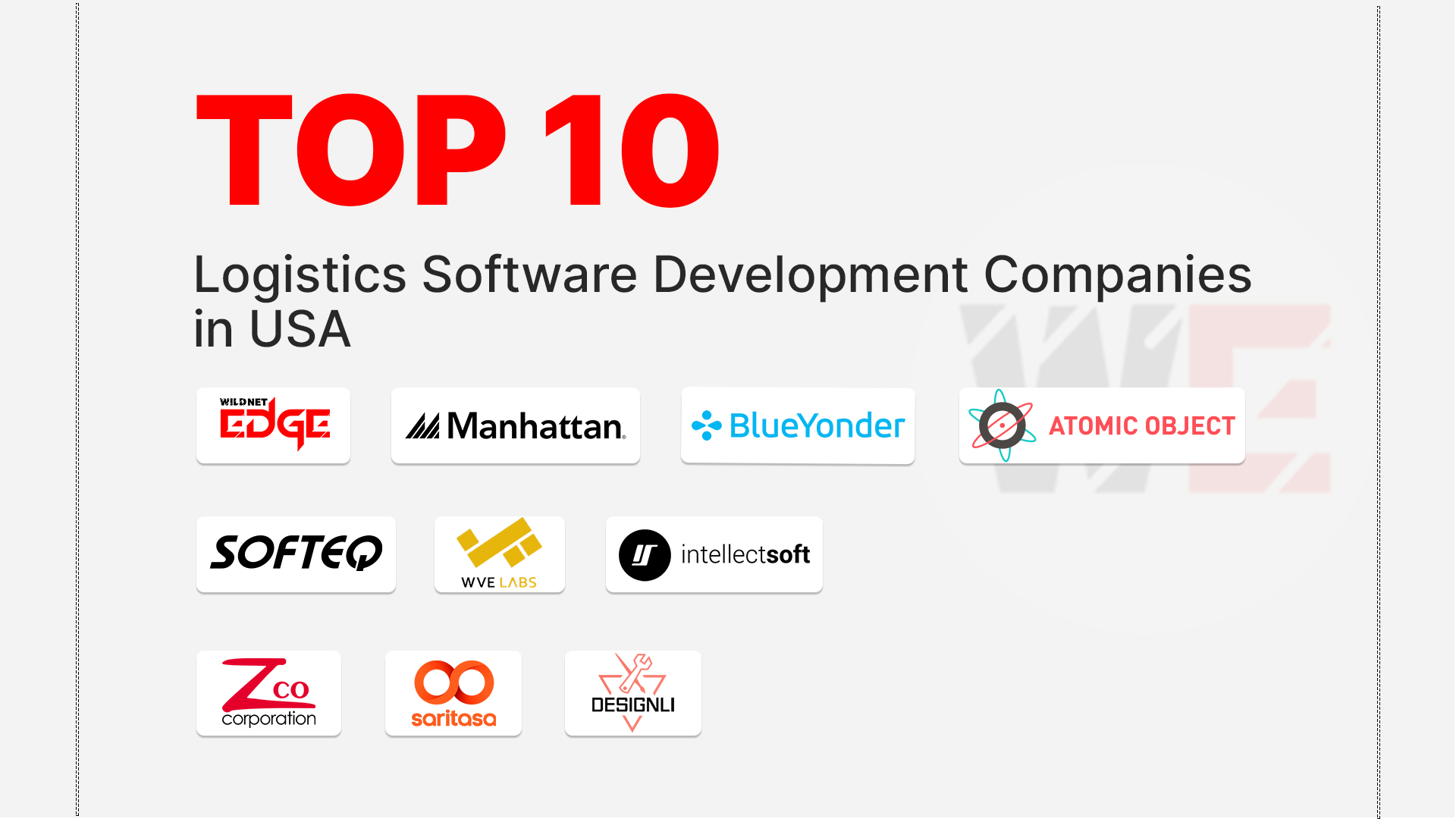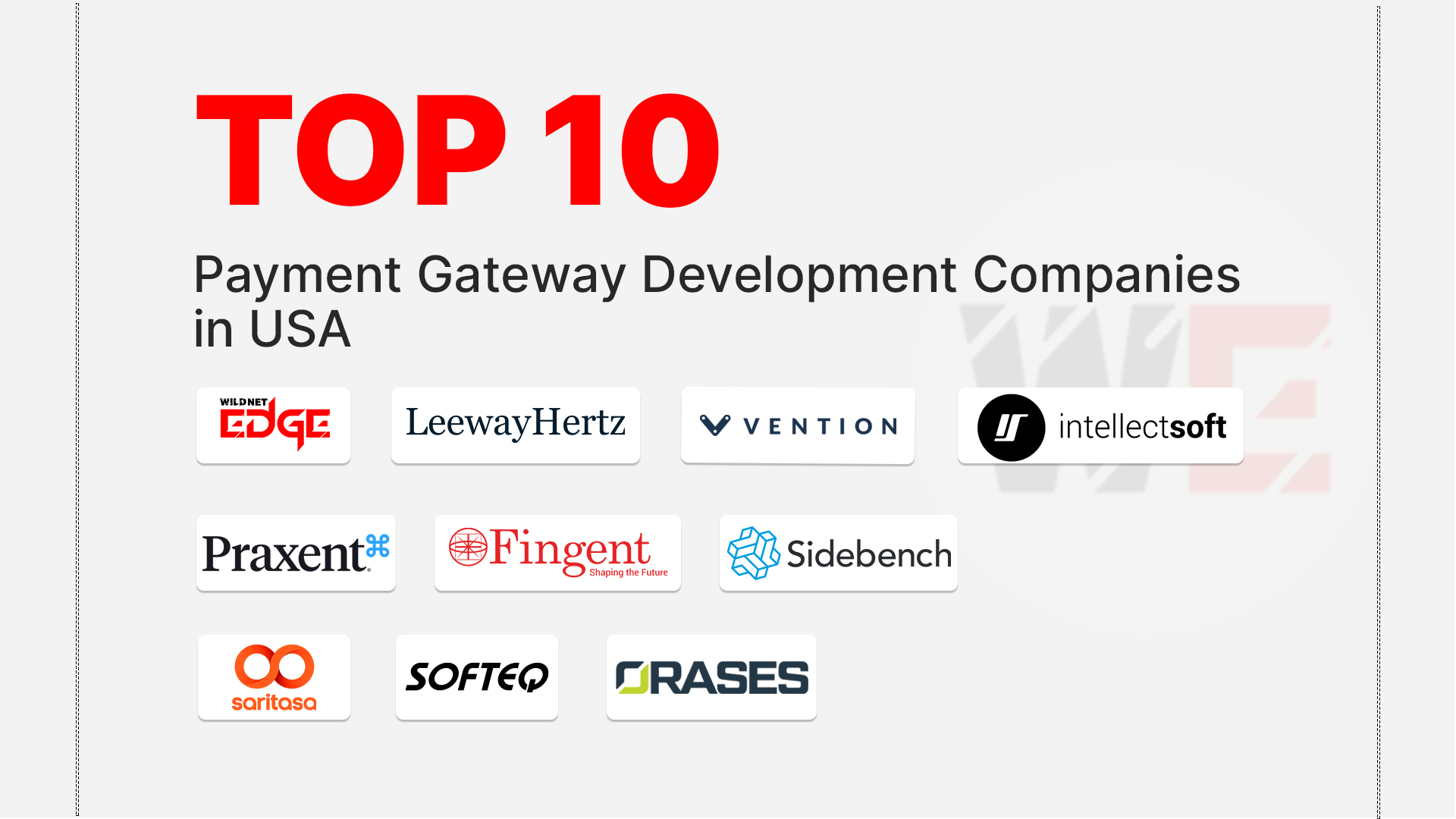When considering building a mobile application, one of the most pressing questions that often arises is related to Android app development cost. Whether you are a startup looking to disrupt the market or a seasoned business aiming to enhance your digital presence, understanding these costs is crucial for effective budgeting. Many entrepreneurs frequently underestimate the expenses involved, leading to financial strain down the road. But what are the true determinants of app pricing?
Misconceptions abound, leading many to think that the development cost is merely about the total hours a developer spends coding. In reality, it’s a multifaceted equation involving factors such as app complexity, required features, and the chosen development methodologies. Understanding the detailed components of app cost factors can empower you to allocate your budget strategically and avoid unpleasant surprises later on.
Understanding Android App Pricing
When discussing Android app pricing, it’s essential to grasp the various elements that contribute to the overall cost. The price you pay can vary significantly based on a multitude of considerations, each affecting the final amount in different ways.
Key App Cost Factors to Consider
Evaluating the cost of Android app development typically involves analyzing several key factors:
- Complexity: The more intricate your app is, the higher the cost. Simple apps with limited features might only require a few thousand dollars, while complex applications with advanced functionalities can soar to six or even seven figures.
- Features and Functionalities: Essential features such as geolocation, push notifications, and social media integration can enhance user engagement but come with added costs. Additionally, incorporating features like end-to-end encryption for security or extensive data syncing can significantly raise the development cost.
- Target Platforms: Are you looking to develop solely for Android, or do you want to include other platforms like iOS? Multi-platform applications generally entail additional costs, especially if developed natively for each system. The platform you choose can greatly influence the overall Android app development cost.
Understanding these factors empowers you to make more informed decisions and helps you communicate effectively with your software development company about your budget expectations.
Regional Pricing Variations in App Development
Interestingly, the development costs can vary dramatically depending on the geographical location of your development team:
- North America: The average hourly rate for Android app developers can range from $100 to $250. Consequently, a complex application could easily exceed $200,000.
- Western Europe: Pricing here typically ranges from $50 to $150 per hour. Developing a feature-rich app may cost between $50,000 and $150,000.
- Eastern Europe and India: Here, developers are far more accessible, with rates generally ranging from $25 to $75 per hour. Many businesses turn to these regions for cost-effective development, but you must consider potential trade-offs regarding quality and communication.
In conclusion, when planning for your project, consider where your development team is located. Costs can vary widely, so do your due diligence before settling on a specific mobile app development company.
Factors Influencing Android App Development Cost
Understanding the nuances of various factors influencing Android app development cost can significantly impact budgeting decisions. Here we delve into methodologies and features that further contribute to pricing.
The Role of Development Methodology
One major decision to make is whether to go with native or hybrid app development.
- Native Development: Creating an app specifically for the Android platform using Kotlin or Java. This method tends to offer superior performance and user experience. However, it generally incurs higher development costs and longer timelines.
- Hybrid Development: This approach involves building a single app that can run on multiple platforms using frameworks such as React Native or Flutter. The initial development costs can be lower, but be cautious—the trade-off can often be a reduction in performance or an increase in future maintenance costs.
Ultimately, the decision on methodology should align with your app’s objectives and your budget.
Features Impacting Total App Cost
Identifying which features are essential versus optional can significantly impact your app development cost.
- Must-Have Features: Often include user authentication, data storage, basic social sharing capabilities, and integration with APIs. While these are crucial for functionality, each adds complexity and thus, cost.
- Optional Features: Consider multimedia elements, advanced analytics, and AI or machine learning functionalities. Although these features can provide an edge, they can also lead to a substantial increase in expenses.
When formulating a budget, categorize your features into must-have and nice-to-have to aid in making informed decisions.
Working with a Software Development Company
Selecting the right software development company is a critical step in controlling your development costs while ensuring quality output.
Choosing the Right Software Development Company
Not all companies are created equal. Here are tips for selecting a company that aligns with your needs and budget:
- Evaluate Expertise: Look for companies with a track record in Android app development. Research client reviews and case studies. A reputable company will have plenty of positive feedback and examples of successful projects.
- Check Portfolios: Always examine the company’s previous work. A diverse portfolio can indicate adaptability and a wealth of experience across various industries.
- Get Quotes: Speak to multiple vendors for quotes. This approach not only provides insight into market rates but also helps you gauge their understanding of your project.
Taking the time to choose the right company may save you costs and headaches later.
Budgeting Tools from Software Development Companies
Many mobile app development companies offer budgeting tools or methodologies for estimating costs. These tools can help streamline your budgeting process:
- Cost Estimation Tools: Some companies provide calculators on their websites that can give you a rough estimate of project costs based on your inputs regarding features and complexity.
- Detailed Proposals: After discussing your project specifics, many companies will outline a detailed proposal that breaks down costs for each feature, helping to clarify where each dollar will be spent.
Working closely with the right development partner can make the budgeting process smoother and more transparent.
Importance of Mobile App Development Company
Partnering with an experienced mobile app development company can significantly influence the success and cost management of your project.
Assessing Experience and Portfolio
Evaluating a company’s experience and portfolio is essential for ensuring you choose the right partner:
- Industry Experience: Look for applications they’ve developed in your industry or niches with similar complexities. This insight can indicate their capability in delivering quality work.
- Client Testimonials: Read firsthand accounts from previous clients. Positive reviews often reflect the company’s reliability and competence.
- Diverse Offerings: The more varied a company’s portfolio, the better they might be at handling unique requirements or challenges that arise during the development process.
Your chosen company should not only have a strong portfolio but also the capacity to adapt their approach as needed.
Cost vs. Quality in Mobile App Development
As tempting as it might be to go for the cheapest option, this may not lead to the best results. Here’s why:
- Initial vs. Long-term Costs: While lower initial costs may seem appealing, cheaper development often leads to lower-quality applications. Bugs, performance issues, and, later on, extensive rework can make the project more expensive in the long run.
- Investment in Quality: Paying for a high-quality app can yield better security, user experience, and performance, ultimately leading to good reviews and higher user engagement.
Budget carefully and prioritize quality to avoid additional costs down the line.
Hidden Costs in Android App Development Cost
When calculating your Android app development cost, don’t forget about hidden costs that frequently catch entrepreneurs off guard.
Maintenance and Updates Post-Launch
Even after launch, your app will incur ongoing costs:
- Regular Updates: With Android systems evolving and user needs changing, continuous updates are crucial for maintaining your app’s relevance.
- Bug Fixes: No app is immune to bugs. Allocating a budget for post-launch support can save you from emergencies down the line.
Plan for ongoing expenses as a significant part of your budget strategy to keep your app current.
Miscellaneous Costs to Watch for
Often overlooked costs can sneak up on you:
- Marketing and Promotion: Allocating funds for post-launch marketing is vital to ensure your app reaches the intended audience.
- UX/UI Design: Investing in good design is often the difference between an app that engages users and one that doesn’t.
Anticipate these miscellaneous expenses during budgeting to prevent financial strain after your app is launched.
Comparing Android App Development Cost with Other Platforms
Understanding how Android app development cost compares with other platforms can provide valuable context for your budget.
Android vs. iOS App Development Cost
When comparing the costs of developing apps for Android versus iOS:
- Android Development: Tends to be less expensive in hourly rates, especially when utilizing a wider pool of global developers. However, deploying on multiple devices can lead to testing and maintenance complexities.
- iOS Development: Generally requires a higher initial investment due to the stringent guidelines imposed by Apple. Additionally, iOS developers often charge higher rates; project costs can reach similar or higher totals than Android apps depending on features.
Each platform has its own set of advantages and challenges—from user demographics to requirements—so align your development decisions with your target market.
Factors Influencing Cross-Platform App Cost
Cross-platform development is becoming increasingly popular for its flexibility and reduced overall costs. Here are points to consider:
- Development Frameworks: Tools like Flutter or React Native can significantly cut down development time and costs. However, performance might lag behind native apps.
- Maintenance: While initial costs may be lower, it’s crucial to account for long-term maintainability issues. Cross-platform apps may require frequent updates to ensure compatibility across devices.
Understanding these factors will help you weigh the pros and cons and decide on the best development path that fits your budget.
Conclusion
In summary, understanding the various components influencing Android app development cost can empower you to make informed budgeting decisions. By considering aspects like complexity, development methodologies, and hidden costs, you can better prepare yourself for the financial aspects of app development. Choosing the right mobile app development company is equally crucial in maintaining cost-effectiveness while achieving a quality outcome.
At Wildnet Edge, an AI-first company, we emphasize transparency and expertise in the app development process, providing tailored insights to help you navigate the complexities of app pricing. If you’re looking to delve deeper into your Android app project or need a personalized quote, don’t hesitate to reach out!
FAQs
The average cost for developing an Android app typically ranges from $20,000 to $200,000, depending on various factors.
Main cost factors include app complexity, features, developer location, and platform choice.
A software development company can provide detailed estimates and help you understand the cost elements involved.
A mobile app development company often brings a more comprehensive skill set, reliability, and ongoing support compared to freelancers.
Consider hidden costs like maintenance, updates, marketing, and unforeseen expenses that can arise post-launch.

Managing Director (MD) Nitin Agarwal is a veteran in custom software development. He is fascinated by how software can turn ideas into real-world solutions. With extensive experience designing scalable and efficient systems, he focuses on creating software that delivers tangible results. Nitin enjoys exploring emerging technologies, taking on challenging projects, and mentoring teams to bring ideas to life. He believes that good software is not just about code; it’s about understanding problems and creating value for users. For him, great software combines thoughtful design, clever engineering, and a clear understanding of the problems it’s meant to solve.
 sales@wildnetedge.com
sales@wildnetedge.com +1 (212) 901 8616
+1 (212) 901 8616 +1 (437) 225-7733
+1 (437) 225-7733















 ChatGPT Development & Enablement
ChatGPT Development & Enablement Hire AI & ChatGPT Experts
Hire AI & ChatGPT Experts ChatGPT Apps by Industry
ChatGPT Apps by Industry ChatGPT Blog
ChatGPT Blog ChatGPT Case study
ChatGPT Case study AI Development Services
AI Development Services Industry AI Solutions
Industry AI Solutions AI Consulting & Research
AI Consulting & Research Automation & Intelligence
Automation & Intelligence













